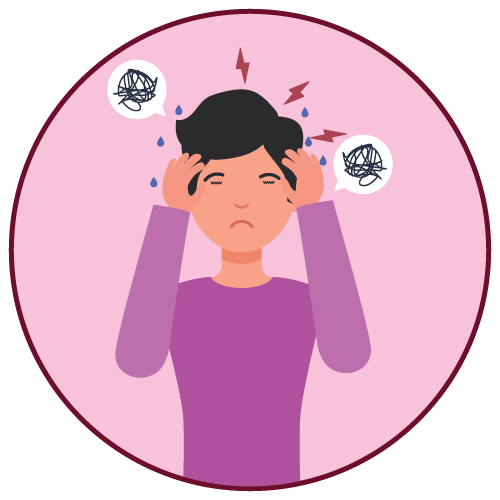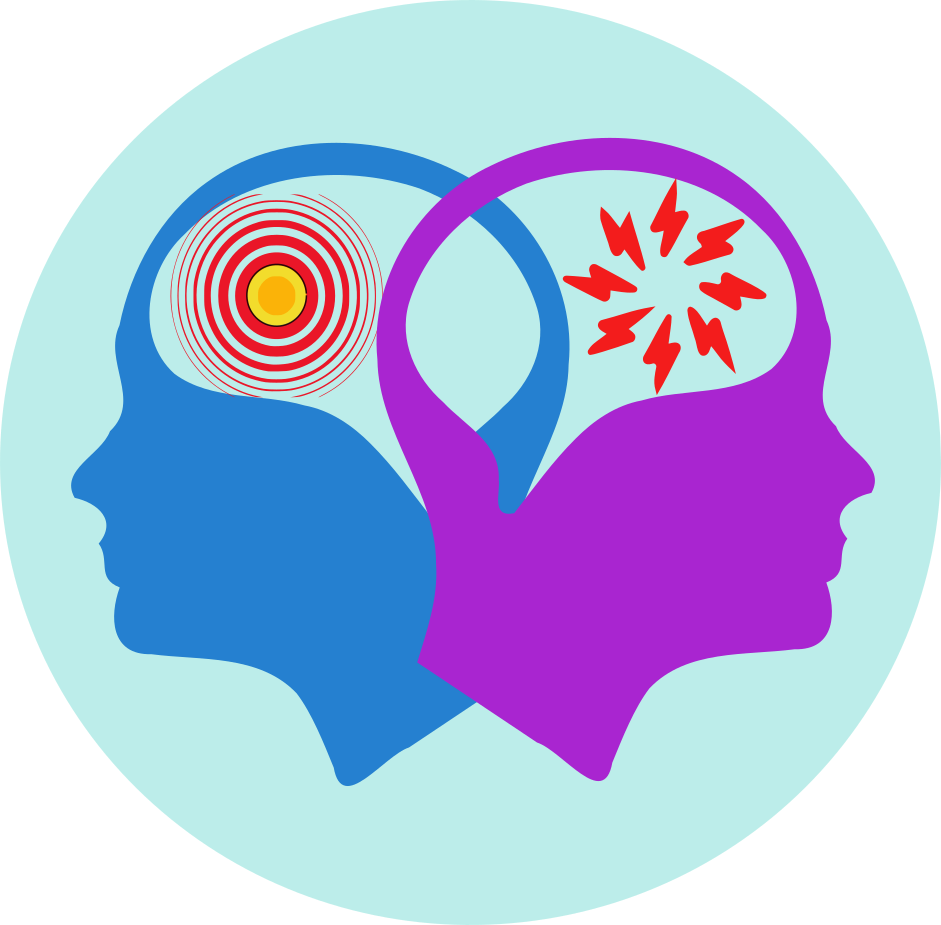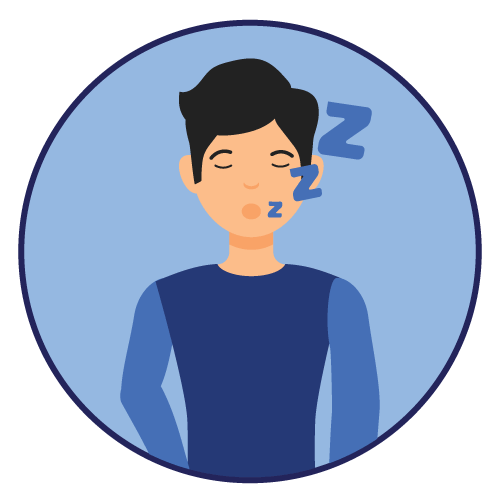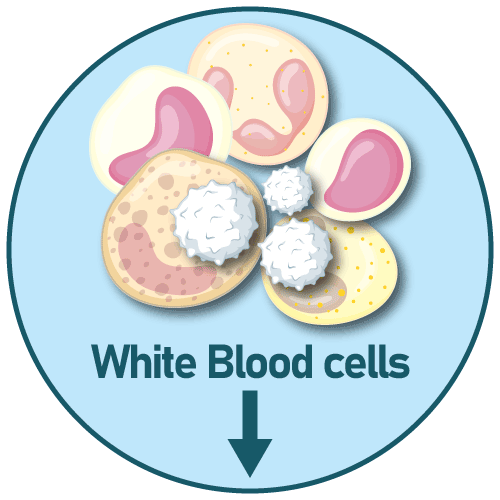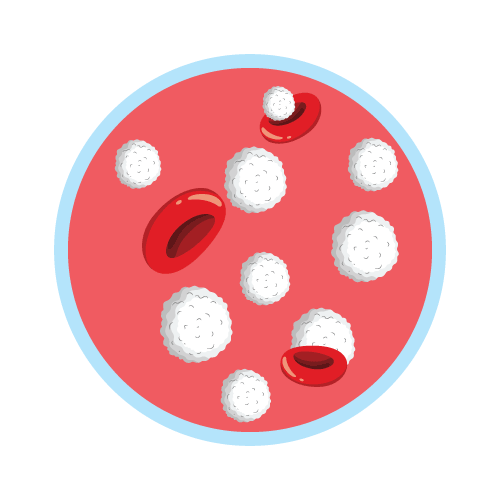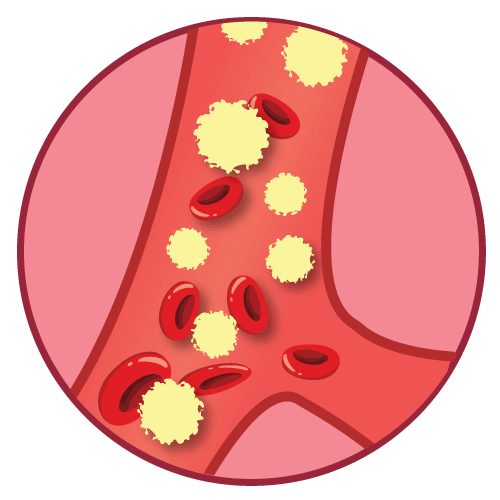| Name | Quetiapine |
| Classes |
Central Nervous System Agent Psychotherapeutic Agent Atypical Antipsychotic |
| Diseases |
Bipolar Disorder Depression Mental Disorder Schizophrenia |
Quetiapine
Quetiapine belongs to a class of drugs called the Atypical Antipsychotics. The mechanism of action of quetiapine involves 5-HT2A/D2 antagonism and 5-HT1A partial agonism.
Quetiapine is indicated for the following conditions-
- Schizophrenia
- Bipolar Disorder
Schizophrenia-Adults
- Initial Dose: 25 mg twice daily
- Recommended Dose: 150-750 mg/day
- Maximum Dose: 750 mg/day
Schizophrenia (Adolescents)
- Initial Dose:25 mg twice daily
- Recommended Dose: 400-800 mg/day
- Maximum Dose: 800 mg/day
Bipolar Mania-Adults Monotherapy or as an adjunct to lithium or divalproex
- Initial Dose: 50 mg twice daily
- Recommended Dose: 400– 800 mg/day
- Maximum Dose: 800 mg/day
Bipolar Mania Children and Adolescents (10 to 17 years), Monotherapy
- Initial Dose: 25 mg twice daily
- Recommended Dose: 400-600 mg/day
- Maximum Dose: 600 mg/day
Bipolar Depression (Adults)
- Initial Dose: 50 mg once daily at bedtime
- Recommended Dose: 300 mg/day
- Maximum Dose: 300 mg/day
Most commonly reported side effects associated with the use of Quetiapine include-
- Dizziness
- somnolence
- headache
- extrapyramidal symptoms
- Dry mouth
- hypertriglyceridemia
- hypercholesterolemia
- Weight gain
- Leucopenia
- decreased neutrophil count
- eosinophilia
- Cerebrovascular Adverse Reactions: Increased incidence of cerebrovascular adverse events (e.g., stroke, transient ischemic attack) has been seen in elderly patients with dementia-related psychoses treated with atypical antipsychotic drugs
- Neuroleptic Malignant Syndrome (NMS): Manage with immediate discontinuation and close monitoring
- Metabolic Changes: Atypical antipsychotics have been associated with metabolic changes. These metabolic changes include hyperglycemia, dyslipidemia, and weight gain
- Hyperglycemia and Diabetes Mellitus: Monitor patients for symptoms of hyperglycemia including polydipsia, polyuria, polyphagia, and weakness. Monitor glucose regularly in patients with diabetes or at risk for diabetes
- Dyslipidemia: Undesirable alterations have been observed in patients treated with atypical antipsychotics. Appropriate clinical monitoring is recommended, including fasting blood lipid testing at the beginning of, and periodically, during treatment
- Weight Gain: Gain in body weight has been observed; clinical monitoring of weight is recommended
- Tardive Dyskinesia: Discontinue if clinically appropriate
- Hypotension: Use with caution in patients with known cardiovascular or cerebrovascular disease
- Increased Blood Pressure in Children and Adolescents: Monitor blood pressure at the beginning of, and periodically during treatment in children and adolescents
- Leukopenia, Neutropenia and Agranulocytosis: Monitor complete blood count frequently during the first few months of treatment in patients with a pre-existing low white cell count or a history of leukopenia/neutropenia and discontinue Quetiapine at the first sign of a decline in WBC in absence of other causative factors
- Cataracts: Lens changes have been observed in patients during long-term quetiapine treatment. Lens examination is recommended when starting treatment and at 6-month intervals during chronic treatment
Contraindication
Contraindicated in patients hypersensitive to any component of the medication.
None known.
None known.
 Bangla
Bangla English
English